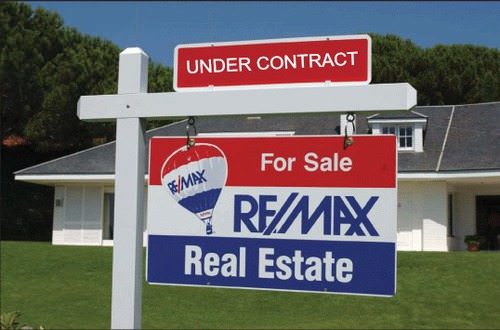If you’re hearing terms like “cash offer,” “low inventory” or “bidding wars,” guess what … . When you’re searching for new home in a competitive market, purchasing a house isn’t easy. The good news is If keep on going, you’re going to get the house you desire.
So gird yourself, grab a coffee and maybe even do a calming yoga pose or two. After all, cafes and exercise studios indicate you’re searching in a potentially cutthroat neighborhood, according to industry experts.

Listed here are 10 clear signs you’re in for a competitive ride
One major indication of a competitive marketplace is when sellers can reasonably expect cash offers for their property. If you also come in with cash, you’re going to beat out a loan offer every time. If paying in green just isn’t be a possibility, don’t panic. It’s not the only tool up a prospective home buyer’s sleeve.2. Bidding wars? You betchaBidding wars are another sign that competition is fierce. This is when aspiring homeowners try to outdo one another in a battle over who can make the highest offer. Bidding wars are really common on properties with a trifecta of price, really good condition and also good location.3. A city so hip it hurts (your pocketbook)
When a city becomes a wildly desirable place to live, that is reflected in its housing marketplace. You’ve got to look at where industry’s going, where jobs are going. The tech industry has been a major element in boosting the competitive edge in many different markets (think: San Francisco, Seattle and Austin). How can you tell when your region has reached the competitively chic threshold? Trendy stores, coffee shops and yoga studios are great indicators.
4. Escalation clauses
An escalation clause might sound like a real estate elf from the North Pole – and it can enable you to have an earlier Christmas gift in the form of the house of your dreams. But all of this comes at a price. Inserting an escalation clause in your bid indicates that you are prepared to raise the dollar amount of your offer up to a certain point should there be other, higher bids. Why might you try this? Competition.
5. All about the extras
When the prospect of multiple bidders is likely, buyers may attempt to curry favor using an offer that makes a sale especially simple for the owners, or plays to their emotions. As [agents], we try to find out what’s going to motivate the seller; how soon would they want to close; how slowly do they really want to close. Buyers who write a heartfelt letter explaining why they want the property also give themselves a leg up.
6. Sell price soars above list price
The simple rules of supply and demand are nowhere more apparent than the housing market. One of the primary signs of competition is homes that sell for way more than their listing prices, leaving would-be lower bidders back on the mean streets, pounding the pavement.
7. Multiple offers
When you’re a buyer, it’s never the more the merrier. Multiple, rapid bids on properties are a sure sign that it’s a cutthroat market. So are packed open houses.
8. Snatched out of the box
You’re in a very tight market “when you search on the internet and there’s simply not a whole lot of to chose from. That’s because housing is flying off the shelf almost as quickly as it appears. If you’re ever racing to look at properties before the competition can get to them, cut down on the stress by configuring an alert on your phone to notify you about new listings.
9. “Tidal wave” neighborhoods
When one neighborhood turns into a hot spot, it’s not uncommon for the next one over to soon do the same. It’s like a tidal wave covering all of those areas. We’re seeing whole neighborhoods recently transformed. Having a major resurgence in urban renewal, it’s no surprise that these popular areas often top the list of competitive home markets.
10. Offer deadlines
As if buying a house weren’t hard enough, now there are deadlines. Want to get buyers to hustle and create momentum and competition? Set a cutoff, the thinking goes. This can just be achieved, of course, in a competitive market where there will be enough bids to set a good old-fashioned due date.